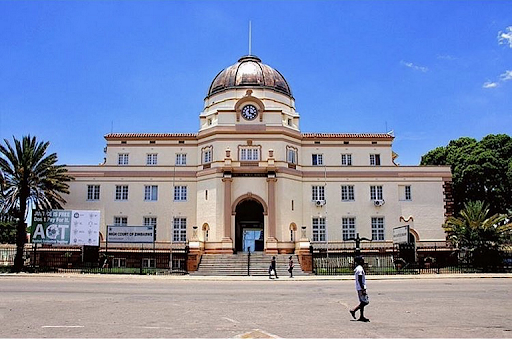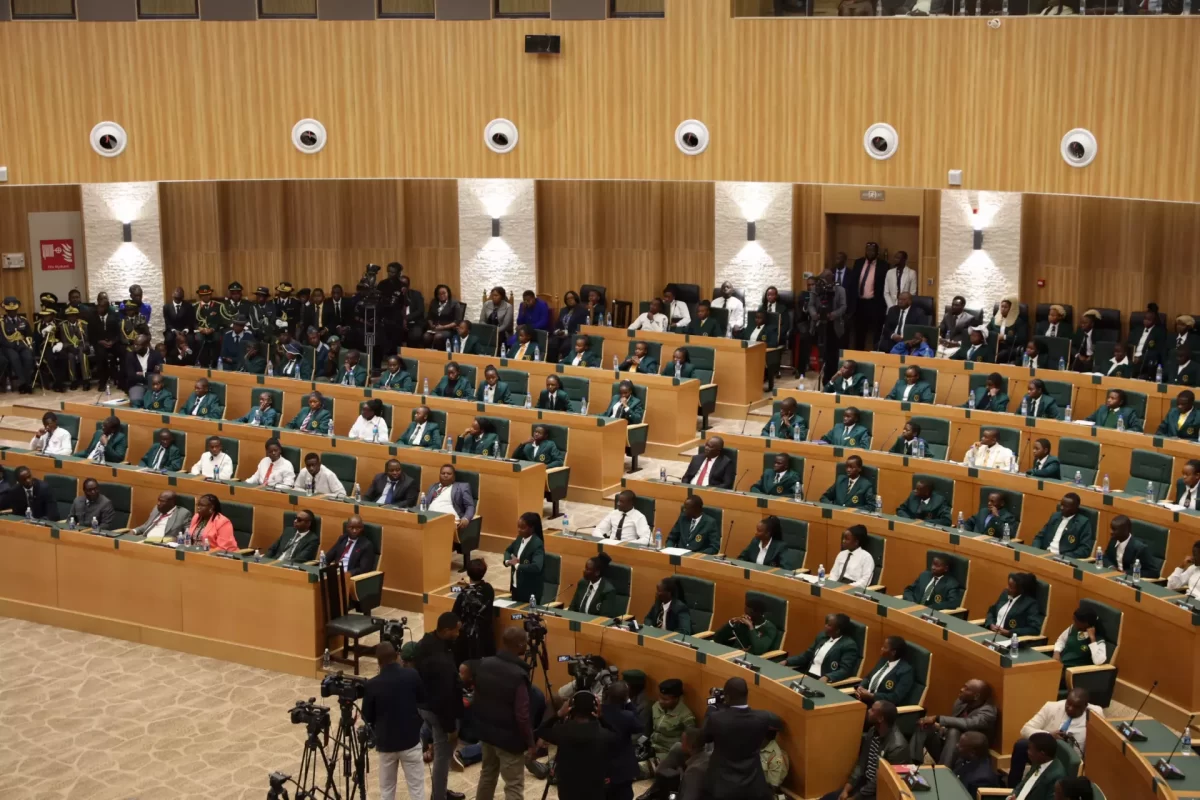HARARE – A plan by the government to re-open universities on June 1, mainly for eLearning, faces court scrutiny after the Zimbabwe National Students Union (ZINASU) approached the High Court arguing that the new learning method is unfair and discriminatory.
Tertiary education minister Amos Murwira on Friday announced that universities, closed prematurely in March following the coronavirus outbreak, will re-open from June 1 for “blended learning.”
Only final year classes are expected to be receiving face-to-face learning to comply with social distance guidelines, while other classes will be conducted online, Murwira said.
Even before Murwira’s announcement, the Midlands State University’s lecturers have been holding online classes, but ZINASU argues that many students cannot afford the data costs or are simply handicapped by poor network connectivity.
ZINASU filed an urgent chamber application on Friday seeking the immediate suspension of eLearning.
The union also wants lectures conducted by MSU so far to be declared null and void – a decision which could scuttle government plans to re-open universities from June 1.
ZINASU lawyer Zivanai Makwanya deposed the certificate of urgency arguing that the newly implemented decision was unfair.
“The rights of tens of thousands of students to proper education is under threat in that such students are presently unable to access eLearning,” argues Makwanya.
“This is because many students come from rural areas where there is poor or no cellular coverage or network to enable them to access eLearning. Many students also come from underprivileged backgrounds and are unable to afford the increased cost of data to enable them to access eLearning material.
“Many of the students do not even have laptops, or even smartphones with capacity to send and receive data in remote areas.”
Makwanya also argued some of the students reside in areas where there is no electricity supply at all to enable them to charge their mobile phones and laptops.
He added: “In a nutshell the above stated factors have limited a majority of students enrolled at Midlands State University from learning using the recently introduced virtual eLearning platform. This is grossly unfair to the affected students and clearly the students’ right to education has been violated and continues to be violated as long as this is not stopped.
“Students from poor and rural backgrounds should not be unfairly discriminated on account of their place of both social origin, economic or social origin, economic or social status within the contemplation of section 56 of the Constitution.”
The students want MSU immediately interdicted from proceeding with eLearning.
They also want the university to consult with them first on the efficacy of eLearning.
They want all lessons conducted from March 24, 2020, to be suspended with immediate effect pending consultation with student representatives.
In a supporting affidavit, ZINASU president Allan Moyo said prior to making the court application, investigations showed that out of 25,000 students enrolled at Midlands State University, only 9,000 were actually registered before the closure of the university.
According to Moyo, this means these would be the only students who would have access to the eLearning campus platform during the course of a normal semester,” he said.
“Not all students are computer literate. A substantial number of students still lack basic knowledge of what eLearning is all about and the different types of media used and how to use them in a classroom situation,” Moyo said.
“Those students who were marginalised before the pandemic are now even more at risk. Intersectionality with poverty, disability or other factors has resulted in multiple forms of discrimination and exclusion.”
The case is yet to be set down for hearing.
















